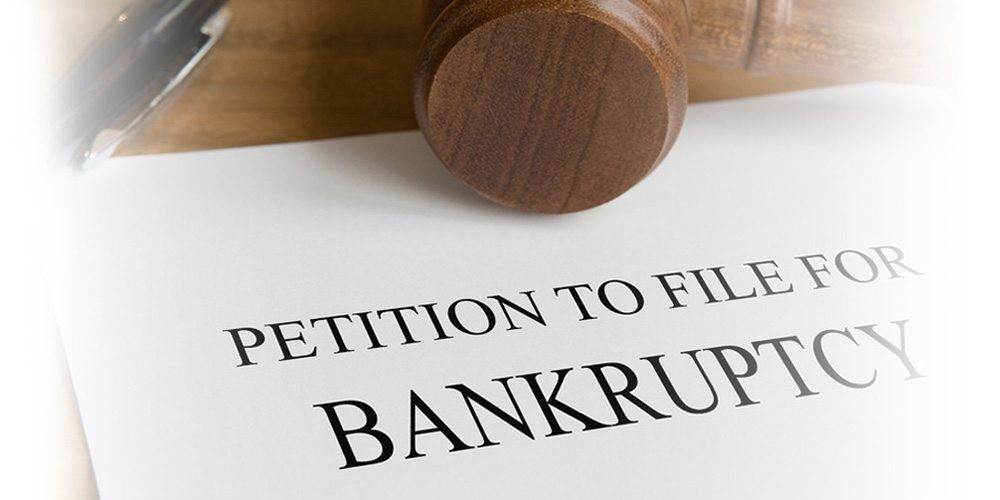First, you can read the first two parts here . . . Part I and Part II
As we’ve seen, since merchants began allowing buyers to purchase on credit, the transactional relationship always favored the merchant. That is, until 1971 when the FCRA was passed. When you think about the long history of lending, then consider the FCRA was passed only 49 years ago, we see the move to make credit scoring individually friendly has been around a very short time. So what can one do to improve their “credit score”?
What you need to know about credit scoring. We just learned that 3 credit reporting bureaus dominated the market and became the standards of credit reporting—Experian, Equifax, and Trans Union. In 1989 the Fair Isaac Company introduced its proprietary (top secret) credit scoring. The FICO score then became the credit score used by lenders in gauging someone’s credit worthiness. So when someone asks “how will bankruptcy affect my credit score”, we need to understand only one credit score really matters, their FICO score. You will find many e-platforms advertising you can use them to see your credit score. Unless, it is your FICO score, then those numbers are based upon those companies using their own math to figure a score. This is why your credit score can vary between companies. Remember, you want to be checking your FICO score.
What information is in your credit report? There should be 4 categories of information in your credit report: (1) Personally Identifiable Information (name, address, date of birth, social security number, employment); (2) Credit Accounts (type of account, when opened, credit limit/loan amount, payment history both good and bad; (3) Credit Inquiries (called “hard” inquiries and are when you actually apply for credit through a lender); and (4) Public Records and Collections (bankruptcy filings, court actions, judgment liens).
How long can information appear on your credit report? Hard credit inquiries will remain on your credit report for 2 years; Late or missed payments, collection accounts, civil judgments, paid tax liens, foreclosures and chapter 13 bankruptcy will all remain on your credit report for 7 years; chapter 7 bankruptcy, unpaid tax liens, and closed accounts in good standing will all remain on your credit report for 10 years; and open accounts in good standing will remain on your credit report indefinitely.
Review your credit report to detect any errors. If you find any errors, contact the credit bureau and the company supplying the information to the bureau. The 3 major credit reporting bureaus each have a process for lodging a dispute. If you dispute an item on your credit report, the bureau must investigate it and make any corrections of confirmed errors. In some cases, an error on your credit report can have a negative impact on your FICO score.
“How does filing bankruptcy affect your credit”? The answer obviously is different for everyone based upon their credit history. Generally speaking, both chapter 7 and chapter 13 bankruptcy filings will be given equal value in credit score calculation, meaning one does not impact your credit score more than the other. Also, a bankruptcy discharge causes high balances, late payments, and unpaid debts to be adjusted. Make sure you obtain a copy of your credit report within 6 months of your bankruptcy discharge and verify your discharged debts all show a zero balance on your report. What I’ve typically seen over the years is most people actually see on average a 50 to 110 point increase in their credit scores.
What most people really want to know when they ask about bankruptcy affecting their credit score is: “how can I improve my FICO score”? Most of the information in this blog was gathered from FICO itself. **Disclaimer: I am not promoting, advocating, advertising, the signing up for FICO services.** If you go to www.myfico.com and look under the education tab, you will find all this information and more. In fact, FICO also provides tips on how you can improve your FICO score. I hope this blog series has shed some light on why credit scoring seems adversarial sometimes and provides real solutions for improving your FICO score.
If you need financial help and believe bankruptcy may be an option, give us a call for an absolutely free consultation. We will review your situation and determine if bankruptcy is an option, and if so, which chapter benefits your situation the most. Call today at 833-MOONEYLAW or 717-200-HELP.



